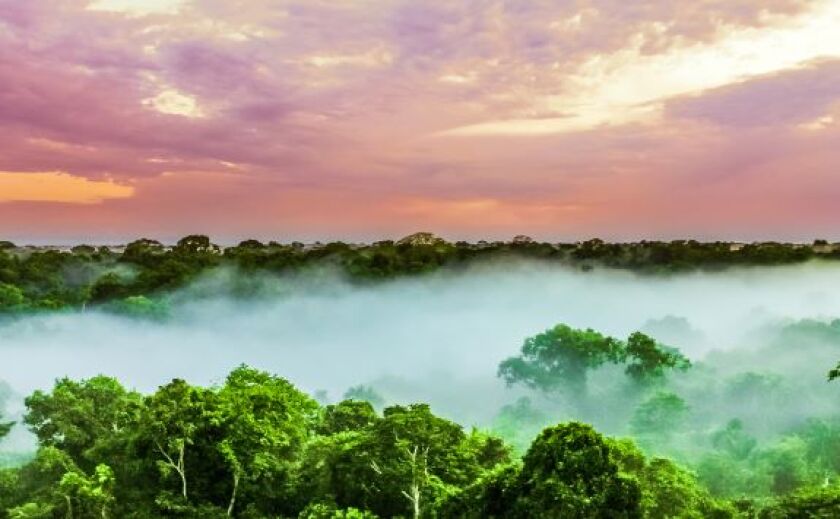BlackRock, JP Morgan, Citi finance firms risking Amazon destruction

Outrage at the destruction of the Amazon rainforest — which often involves dispossessing indigenous people — is common among capital markets executives. But few realise that their own firms are financing it.
Unlock this article.
The content you are trying to view is exclusive to our subscribers.
To unlock this article:
- ✔ 4,000 annual insights
- ✔ 700+ notes and long-form analyses
- ✔ 4 capital markets databases
- ✔ Daily newsletters across markets and asset classes
- ✔ 2 weekly podcasts
